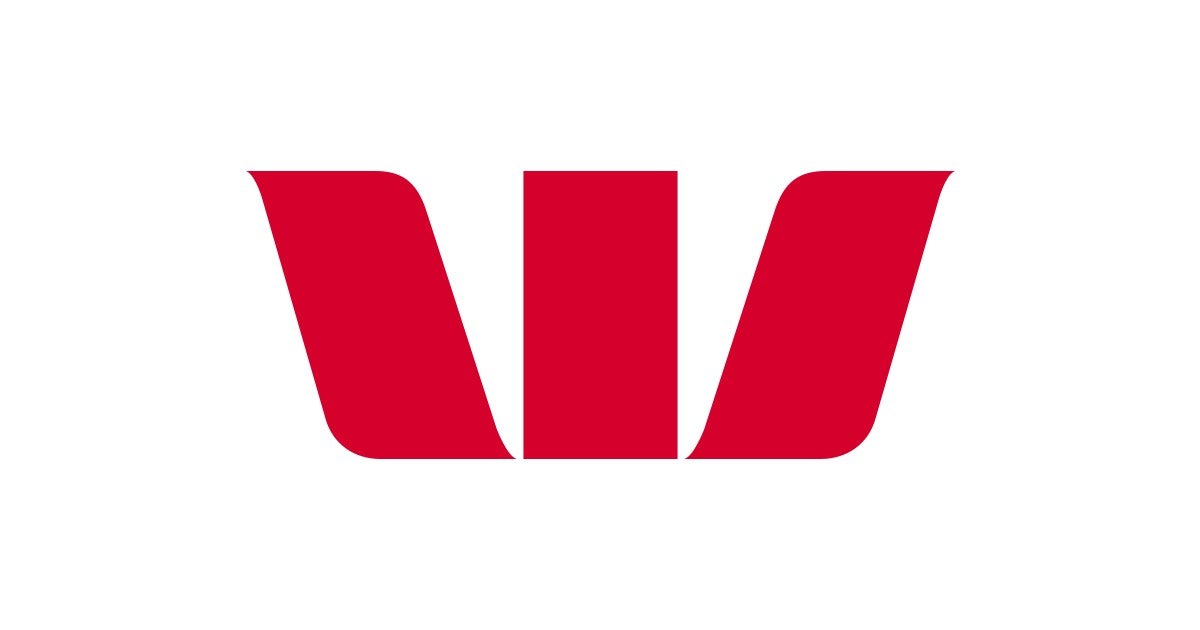
The Australian Prudential Regulation Authority (APRA), the banking regulator of the country, has closed a money laundering investigation against Westpac.
The regulator initiated the probe in December 2019 after AUSTRAC, the financial crime watchdog, alleged that the bank breached anti-money laundering and counter-terrorism laws.

Access deeper industry intelligence
Experience unmatched clarity with a single platform that combines unique data, AI, and human expertise.
Separately, Westpac was also investigated by the corporate regulator Australian Securities and Investments Commission (ASIC).
APRA decided to end the probe after assessing the results of ASIC’s investigation, which ended in December last year.
However, Westpac remains subject to a court enforceable undertaking (CEU) to implement an integrated risk governance remediation plan, which is being reviewed by an independent entity.
APRA Deputy Chair John Lonsdale said: “Although the investigation has not found evidence of breaches of the Banking Act or the BEAR, APRA remains determined to ensure Westpac rectifies its risk governance weaknesses effectively and sustainably.

US Tariffs are shifting - will you react or anticipate?
Don’t let policy changes catch you off guard. Stay proactive with real-time data and expert analysis.
By GlobalData“Under the enforceable undertaking, Westpac has clearly defined Executive and Board accountabilities for the implementation of its integrated risk governance remediation plan. APRA will be holding Westpac to account for the delivery of the required improvements.”
In a separate statement, Westpac also confirmed the closure of APRA’s investigation.
Notably, the bank, one of the ‘big four’ in Australia, was fined A$1.3bn ($916m) in September last year for violating anti-money laundering laws and failing to stop child exploitation payments.
The punitive action was said to be the largest in Australian corporate history.







